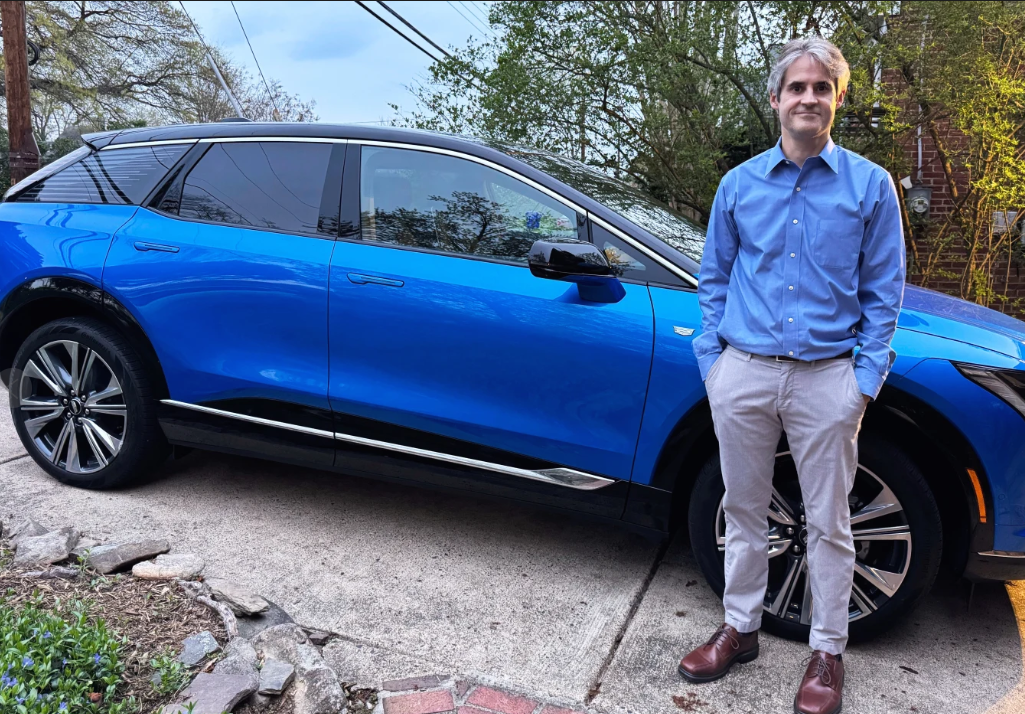John Gutierrez had been considering buying a new laptop for a year, aiming for faster performance and more storage to support his photography work. He had his eye on a Taiwanese brand. However, when President Donald Trump announced new import tariffs, including a 32% tax on goods from Taiwan, Gutierrez decided to make the purchase immediately. He ordered the laptop, priced at $2,400, from a New York-based retailer specializing in photo and video equipment.
“I thought I’d bite the bullet, buy it now, and that way I’ll have the latest technology on my laptop without worrying about the tariffs,” Gutierrez explained.
He wasn’t alone—many U.S. consumers rushed to buy big-ticket items before the tariffs took effect. Economists warned that these tariffs could raise prices for everyday products and potentially slow U.S. economic growth. The administration hopes the tariffs will encourage other countries to open their markets to American goods, prompting negotiations to reduce tariffs or pushing companies to shift production to the U.S. to avoid higher import taxes.
Rob Blackwell and his wife also made a major purchase ahead of the tariffs. They needed a new car for long trips from Arlington, Virginia, to their son’s college. Their current electric vehicle was aging and soon to be used by their daughter. Although Blackwell had been considering getting another EV, he realized leasing might be more cost-effective due to rapid advancements in technology.
With tariffs looming, Blackwell decided to lease a new General Motors Optiq, an American car manufactured in Mexico, which could face tariffs on its supply chain. They finalized the lease agreement just before the tariffs were announced, and the dealership honored their pre-tariff deal. Blackwell noted a noticeable shift in the dealership’s attitude, reflecting the sudden change from a buyer’s to a seller’s market.
Lee Wochner, CEO of a marketing and strategy firm in Burbank, California, faced a similar situation. He needed a more presentable car for business meetings but had delayed the purchase due to his busy schedule. After hearing about the upcoming tariffs, he quickly contacted his car broker on March 27. The broker provided options, and Wochner leased an Audi Q3, which was delivered to his home by Sunday.
Wochner later realized that if he had waited, the car would have cost an additional $4,300. His broker explained that some dealerships were tearing up pre-existing deals and renegotiating them due to fears of not securing inventory at competitive prices.
Wochner believes prices will continue to rise because of the uncertainty surrounding U.S. international trade relations. “If you need a new car, and you can still get a pre-tariff deal, you should grab it because who knows what next week might bring,” he advised.















